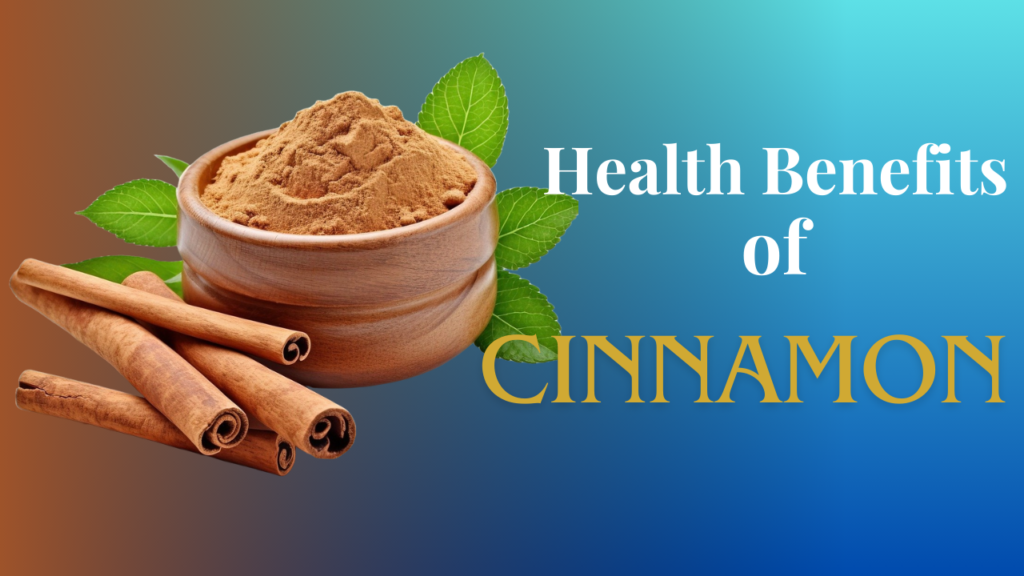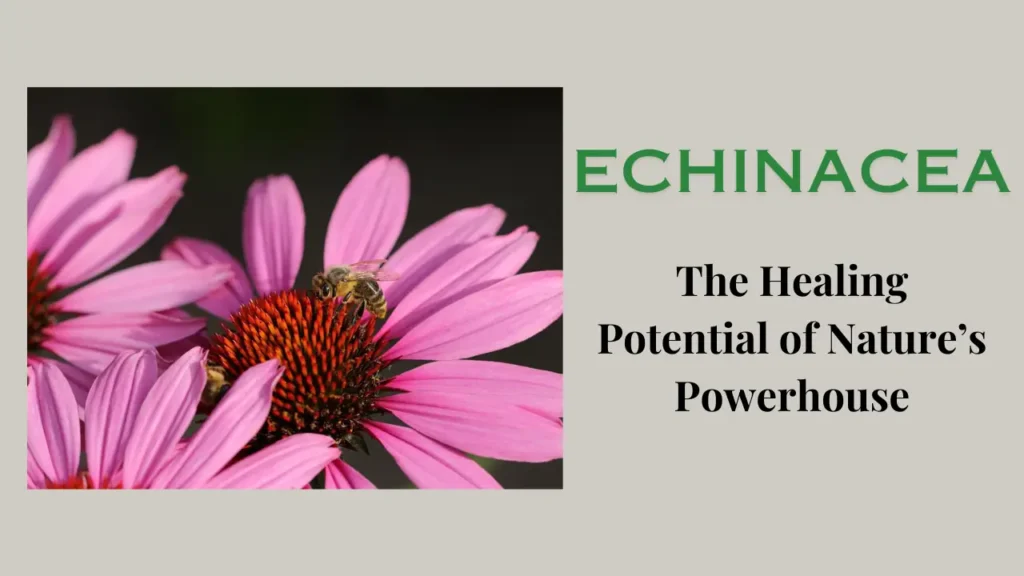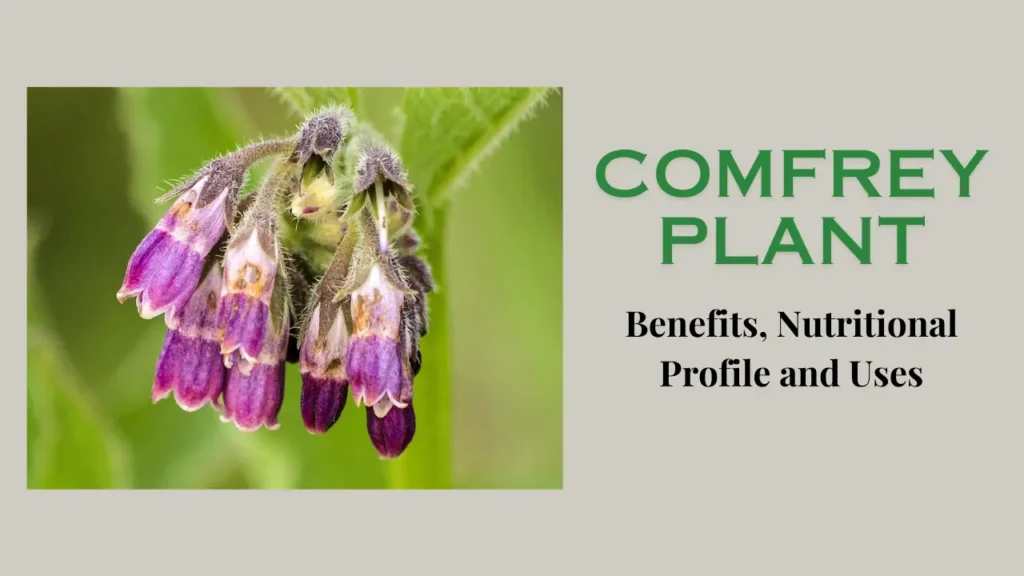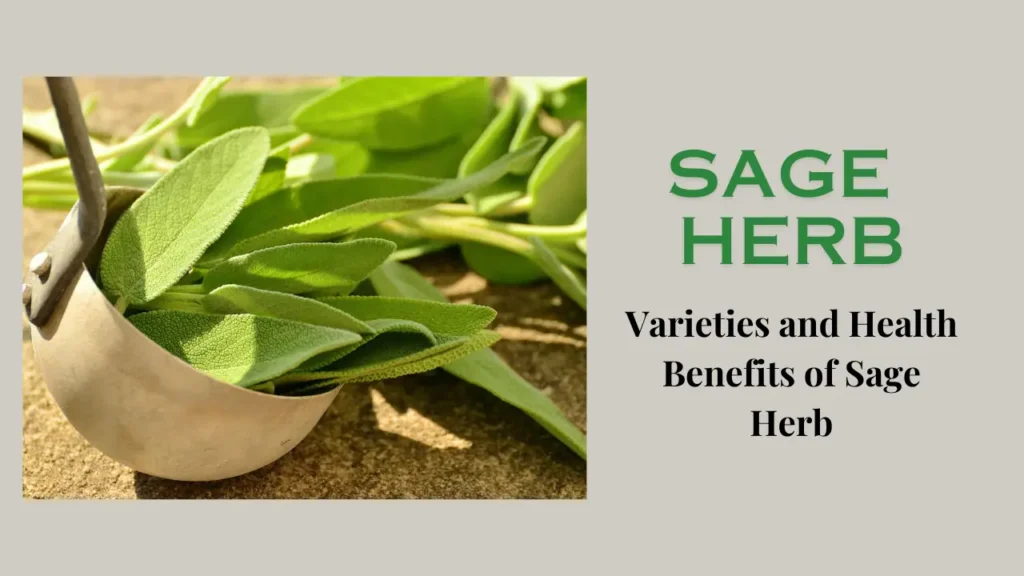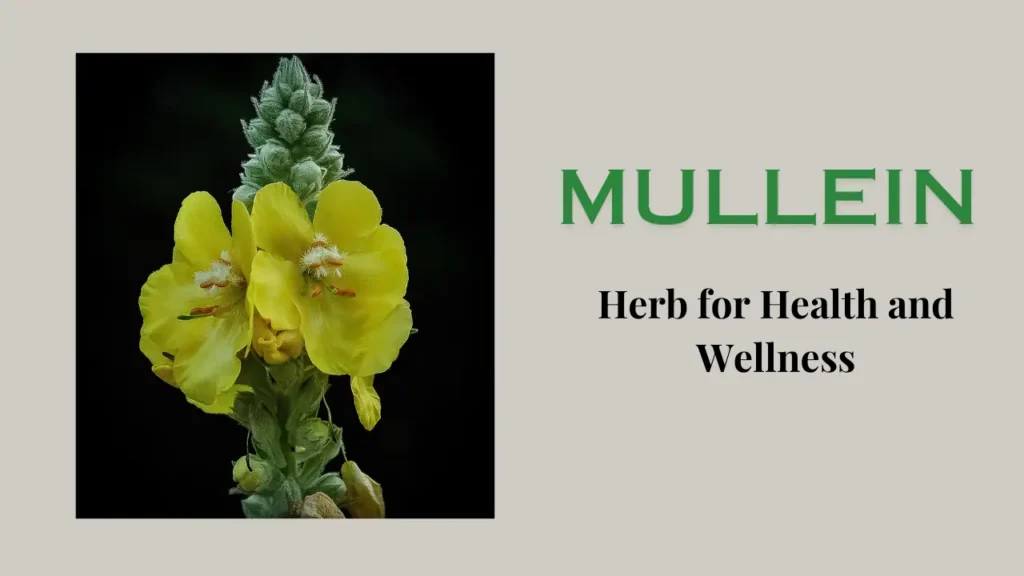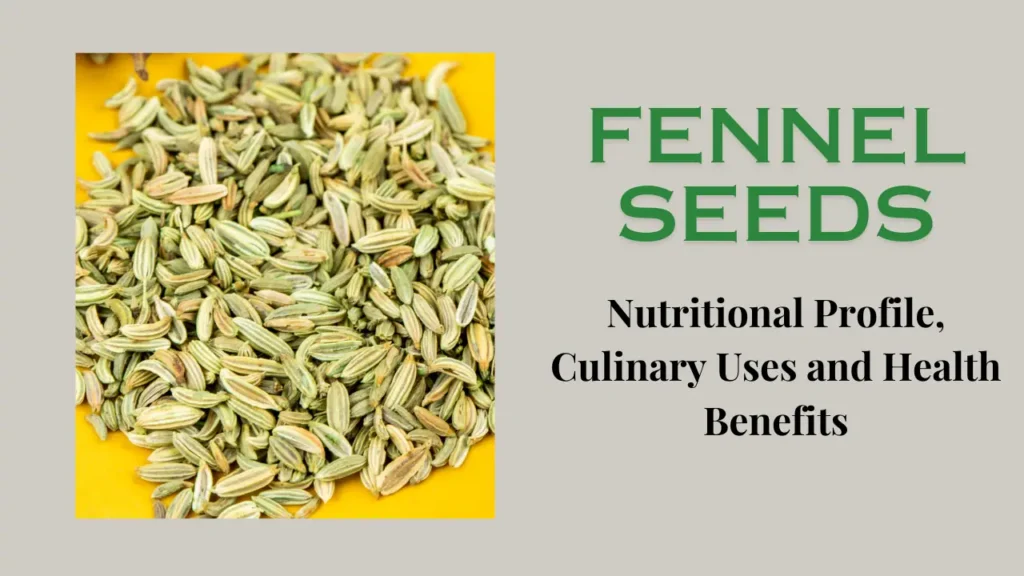
Origins of Lemon Balm
1. Historical Significance of Lemon Balm
Lemon balm has a long and interesting history. It was used widely by the Greeks and Romans for centuries for a variety of purposes, including culinary delights, medicinal treatments, and spiritual rituals.
The name of this plant, Melissa, comes from the Greek word for “honeybee”, as it was believed to attract these pollinators.
Lemon balm was highly esteemed in European monastery gardens during the Middle Ages, where it was cultivated for its medicinal properties.
2. Original habitat and Agricultural area
Lemon balm is native to the Mediterranean region, especially Southern Europe and the Middle East.
It thrives in areas with a mild climate, plenty of sunlight, and well-drained soil.
However, due to its adaptability, It is now cultivated in various parts of the world, including North America, South America, Asia, and Australia.
3. Lemon balm in traditional medicine
Throughout history, it has been associated with many folklore and medicinal practices.
It was revered for its calming properties and was often used to reduce anxiety, stress, and restlessness.
Lemon balm was also used to soothe digestive discomfort, aid with sleep disorders, and improve cognitive function.
Traditional medical systems such as Ayurveda and Traditional Chinese Medicine have recognized and used the therapeutic benefits of this plant.
Cultivating Lemon Balm
Sunlight, Soil, and Water Requirements
It thrives in full sunlight but can tolerate partial shade. It prefers well-drained soil with a slightly acidic to neutral pH range.
Adequate watering is essential for plant growth, especially during dry periods. However excessive watering should be avoided because excessive moisture can cause its roots to rot.
Seeds, Cuttings, and Division
Lemon balm can be propagated in a variety of ways. The seeds should be sown indoors in early spring and transplanted outdoors after the danger of frost has passed.
Another popular method is the stem-cutting method, where healthy shoots are taken and rooted in moist soil or water.
Another option is division, where the plant is divided into smaller sections and replanted.
Seasonal care and maintenance tips
Regular care and maintenance are necessary to ensure its healthy growth.
Pruning the plant in early spring promotes bushy growth and prevents legginess.
Regular weeding is necessary for nutrients and resources.
Mulching around the plant helps retain moisture and prevent weed growth.
Adequate fertilization, preferably with organic matter, can further enhance plant health and vigor.
Natural control of pests and diseases
Lemon balm is insect and disease-resistant. However, sometimes it may be infected with aphids, spider mites, or whiteflies.
To avoid this, spray with a mild soap solution, include beneficial insects, or use organic pest control products.
Proper sanitation practices and good airflow should be maintained around the plant which can help prevent diseases like powdery mildew.
Health Benefits of Lemon Balm
A. Calming effect: Reducing stress and Anxiety
- Lemon balm is known for its calming properties, which reduce stress and anxiety and can help promote relaxation.
- It has a soothing effect on the nervous system, making it an excellent choice for individuals looking for natural stress relief.
B. Aiding digestion and soothing gastrointestinal discomfort
- Lemon balm has been traditionally used to reduce digestive problems such as bloating, gas, and stomach cramps.
- It helps relax the muscles of the gastrointestinal tract, promote smooth digestion, and reduce discomfort.
C. Promoting healthy sleep and relieving insomnia
- Due to its calming effect, it improves sleep quality and can help relieve insomnia.
- Consuming lemon balm tea before bed or using its essential oil in aromatherapy may promote relaxation and restful sleep.
D. Boosting cognitive function and memory retention
- It has the ability to enhance cognitive function, memory retention, and focus.
- It may help improve alertness and mental performance, making it beneficial for studying or tasks that require mental clarity.
E. Supporting the Immune system and combating common ailments
- It has antimicrobial and antiviral properties that can aid immune system function and help combat common illnesses like colds, coughs, and viral infections.
- It may also help reduce the severity and duration of symptoms.
F. Anti-inflammatory and antimicrobial properties
- Lemon balm contains compounds that exhibit anti-inflammatory and antimicrobial effects.
- These properties make it valuable in supporting skin health, reducing inflammation, and soothing minor skin irritations.
Read Also: Peppermint
Uses of Lemon Balm
Uses in cooking and baking
Its leaves impart a delightful lemon-like flavor and aroma, making them a versatile addition to a variety of culinary creations.
They can be used to flavor salads, marinades, sauces, soups, desserts, and beverages.
Uses as Herbal teas
Lemon balm leaves make a refreshing and calming herbal tea.
Steeping its leaves in hot water releases their aromatic compounds, resulting in a soothing and delicious beverage that can be enjoyed hot or cold.
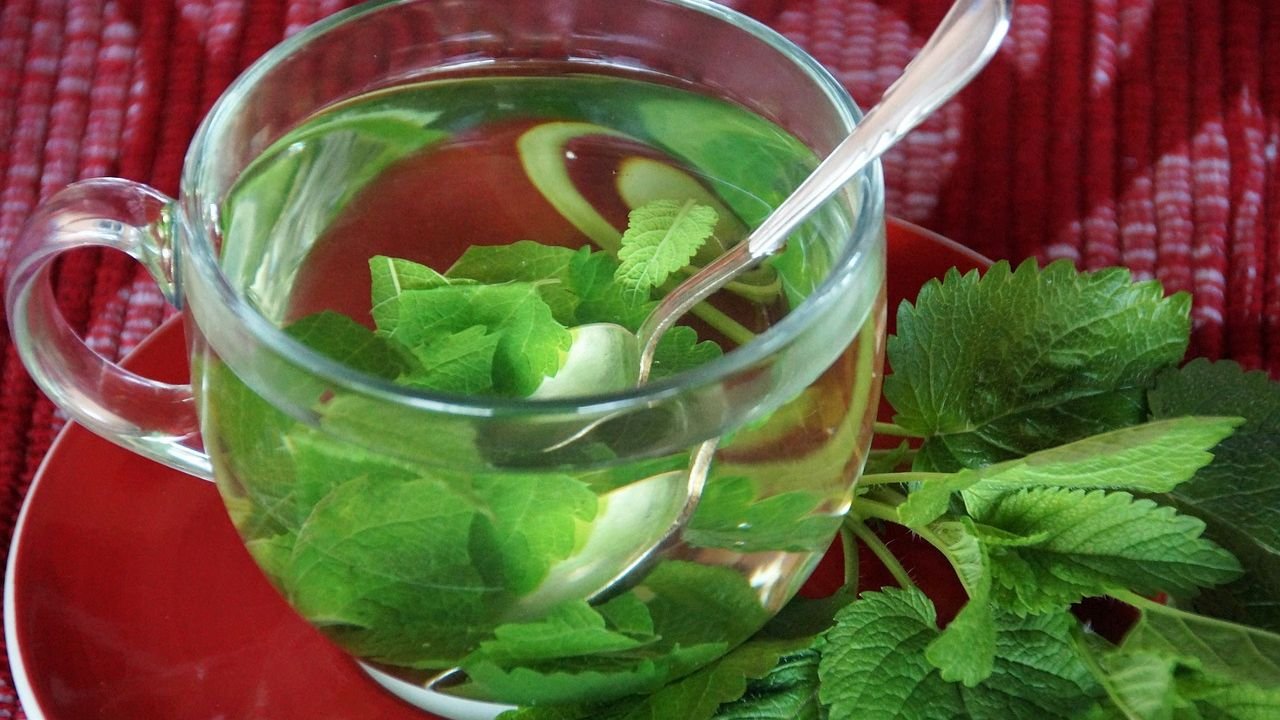
Aromatherapy
Lemon balm essential oil is used in aromatherapy to promote relaxation, improve mood, and relieve stress.
It can be diffused, added to bath water, or used in massage oils to harness its therapeutic benefits.
Natural skincare remedies
Its antimicrobial and soothing properties make it an excellent ingredient in natural skin care treatments.
It can be used in making toners, face masks, creams, and balms to promote healthy skin and address various skin concerns.
Insect repellent and natural cleaning solutions
Its strong fragrance acts as a natural insect repellent.
Dry it and keep it in a pouch or you can mix it in household spray to ward off insects. Additionally, its leaves can be used to make natural cleaning solutions for household surfaces.
Its leaves can be dried and used in projects such as homemade potpourri, sachets, and scented candles.
Precautions and Side Effects
Conclusion
Lemon balm, with its rich history, remarkable health benefits, and versatile uses, remains a treasured herb for people around the world. Whether incorporated into culinary creations, used for medicinal purposes, or used for its aromatic properties, lemon balm offers many benefits. But it is also necessary to take precautions to experience it safely and happily.
Remember, before starting any new wellness regimen, it’s always best to consult with a healthcare professional to ensure it is suitable for your specific needs and circumstances.

